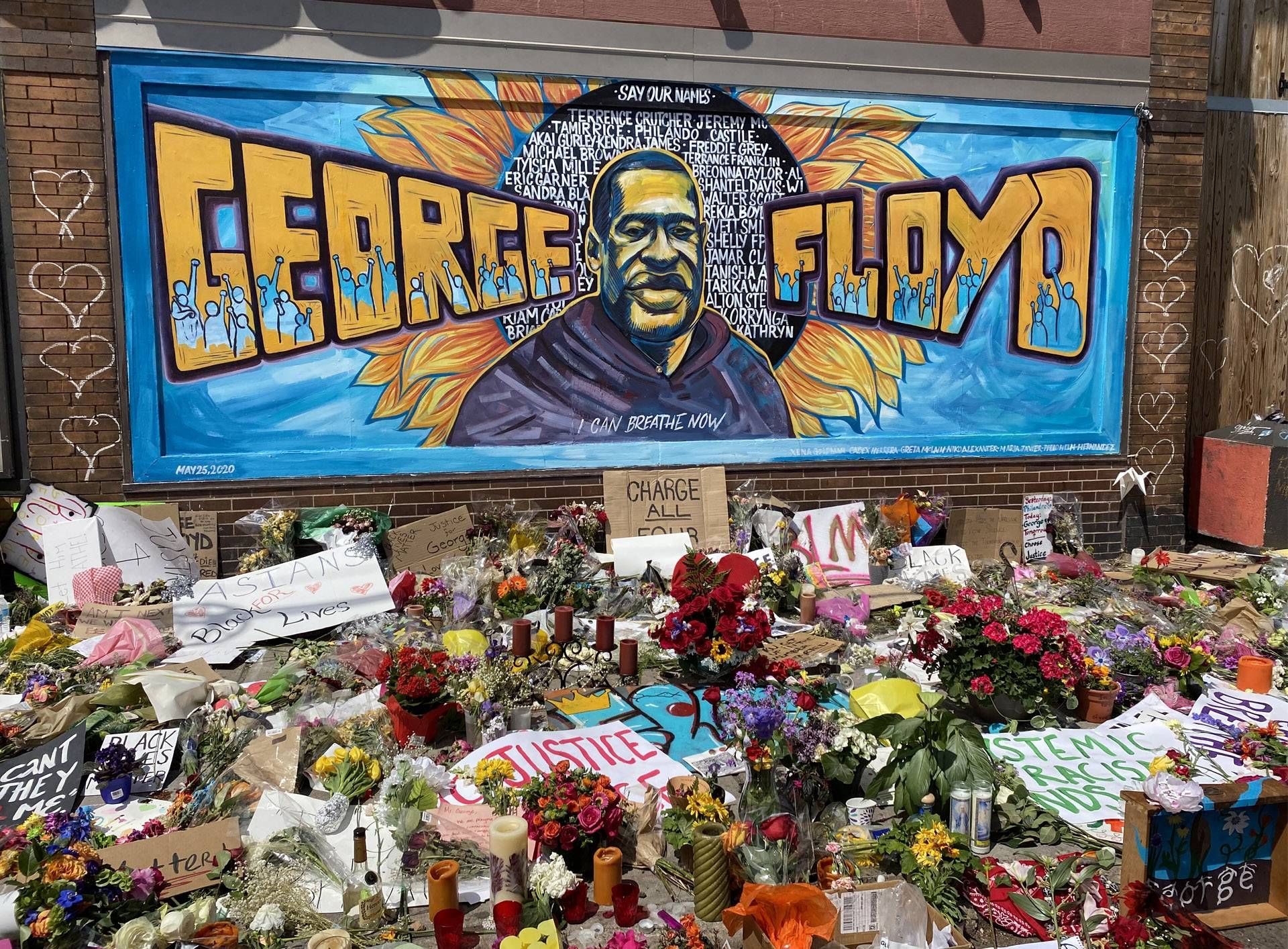Police Reform Passes the Second Special Legislative Session
Story published: July 21, 2020
Months after the killing of George Floyd, the Minnesota Legislature passed police reforms through the only politically-divided legislature in the nation. The Democratic-controlled House and Republican-controlled Senate reached a compromise during a second special session this summer.
Details from the legislature include: "The Reclaiming Community Oversight Act includes measures such as a prohibition on 'warrior training,' a ban on chokeholds, arbitration reform, requiring the duty to intercede, data collection and regulatory reform – including reforms to the Police Officer Standards and Training (POST) Board and the creation of a new advisory council with citizen voices. The Reforming Accountability Act includes investigatory reform measures and reforms to the use of force. The Reimaging Public Safety Act contains solutions such as mental health and autism training, public safety peer counseling debriefing, and extension of training funds for the POST Board until 2024."
In an effort to try to get a series of bills moving on police reform, DFL Gov. Tim Walz facilitated an online conversation with Republican Senate Majority Leader Paul Gazelka and families of people who have died in police custody. Walz said that 11 states have moved something related to the issue, but added, "It's still a challenging state when it comes to race ."
“After decades of advocacy by communities of color and Indigenous communities, the bipartisan passage of these measures is a critical step toward justice. This is only the beginning. The work does not end today,” he said after the bill's passage.
House Speaker Melissa Hortman reiterated that the world is watching Minnesota: "George Floyd was murdered here. This is our problem, and we have to address this." She added that businesses considering a decision to move or to stay in-state are looking at what kind of place this is to live and work.
“Today, we’re beginning to make the overdue changes Minnesotans have been demanding to help ensure no more lives are lost due to police violence,” said Rep. Carlos Mariani (DFL – Saint Paul). “By passing this bill into law, we’re taking the first steps toward major changes to hold police officers accountable for harmful acts, and we are committed to continuing our work for safer communities."

“The bill we’ve agreed on this special session is based on common-sense reforms that Minnesotans, police officers and community leaders can support,” said Senator Warren Limmer, Republican Chair of the Senate Judiciary and Public Safety Committee. “Most of these reforms we already passed in the Senate, and we worked with law enforcement to ensure these measures wouldn’t hinder their main role, which is to keep the public safe. Of course, we are not in any way going to defund or dismantle the police, but we are going to encourage communities and peace officers to work together to restore trust and build relationships among the community and law enforcement."
George Floyd’s police killing has inspired countless artists across the globe to create murals in his honor, works that also call for justice and anti-racism reform. And that’s left a lot of people wondering what will happen to the works of art – many created on temporary surfaces such as plywood panels – when communities start to rebuild. Students and professors at the University of Minnesota have created an online database that aims to catalog these expressions so they can be studied for years to come.
George Floyd’s police killing has brought together communities in a show of resilience – but it’s also revealed deep-seated racial inequities in access to healthy food now that the Lake Street area, where many grocery stores were damaged or destroyed, has become a food desert. Almanac reporter Kyeland Jackson examines how that lack of food access is actually rooted in racism-charged issues related to access to jobs and opportunities to build wealth.
In 2019, Taylor Kueng (who identifies as gender non-binary) witnessed the arrest of two Black men in downtown Minneapolis. Taylor and their friend filmed the incident until they were both also arrested by police. One year later, a different video implicated their brother, former officer Alex Kueng, in the police killing of George Floyd. Discover how one family has been impacted by two different videos that captured police force.
